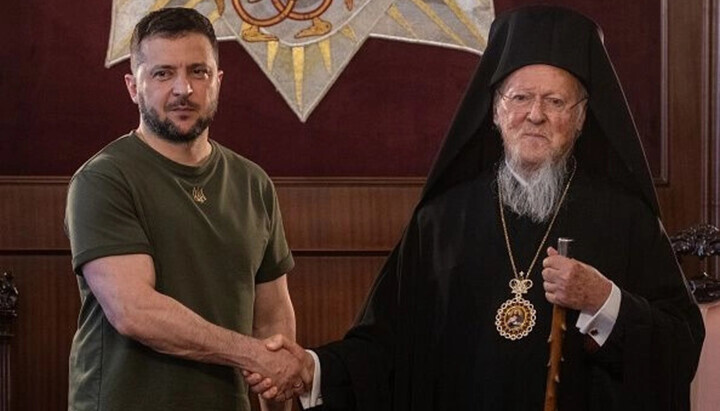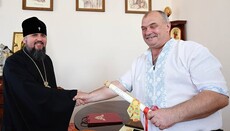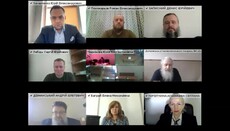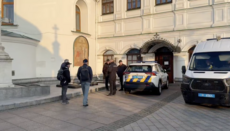Amsterdam sends a letter to Zelensky regarding Phanar Exarchate in Ukraine

The defender of the UOC cites documents that, according to him, were developed in the Office of the President.
The head of the international human rights firm Amsterdam & Partners LLP, Robert Amsterdam, sent an urgent message to the President of Ukraine, Volodymyr Zelensky, regarding the campaign against the Ukrainian Orthodox Church (UOC) and plans to ban the UOC in late August, followed by its incorporation into the Orthodox Church of Ukraine (OCU) through the Ecumenical Patriarchate of Constantinople, reports the Strana publication.
Amsterdam stated that these plans are being developed in secret, but he cited documents that, according to him, were developed by members of the Presidential Office administration.
"I am making them public to show how the attack on the UOC is being manufactured as part of a narrow and pernicious nationalist agenda against the wishes of large swathes of Ukrainians, who remain committed to the UOC," he wrote.
The American defender of the UOC wrote that the actions of Zelensky's government are aimed at subordinating the UOC to this new exarchate after the adoption of Bill 8371.
Amsterdam highlights what has already been done in Ukraine to implement this plan:
"These steps include reducing the influence of the church; creating a positive image of the OCU; imposing sanctions against sponsors of the UOC; creating a toxic perception in society of the very fact of belonging to the UOC; and ensuring that all leases concluded with the UOC are reviewed by national, regional and local authorities, with a view to terminating those leases. That many of these steps are already underway, suggests that this document is authoritative and is being implemented by officials under your command," the lawyer wrote. He called these actions illegal from the standpoint of international and Ukrainian law and noted that such actions cause serious harm to social cohesion in Ukraine at a time of war.
According to the human rights defender, the strategic course also envisages the "transition of part of the UOC parishes to the Orthodox Church of Ukraine". To this end, the document proposes that the Ecumenical Patriarch act as an arbitrator.
Amsterdam notes that the officials who wrote these documents have no idea about canonical law: should the new exarchate be established in Ukraine, this would entail the EP recognising two bishops in any given town – one for the OCU and one for the new UOC exarchate.
"Given the importance placed on tradition and canon law, it is inconceivable that the EP would agree to this plan or that it would be accepted by global Orthodoxy," he wrote.
Amsterdam also says it is unclear how this plan would succeed in uniting the UOC and the OCU, "other than through violence".
"Your government’s arrests of UOC priests and the forcible transfers of UOC parishes, often with the involvement or tacit support of OCU adherents, has created divisions between the two churches that will last generations. Indeed, the plans to create a “toxic perception” of the UOC undermines your very aim of unification and confirms your government’s intent to further poison the well of Orthodoxy in Ukraine," he concluded.
As reported by the Union of Orthodox Journalists, the head of the international human rights firm Amsterdam & Partners LLP, American defender of the UOC Robert Amsterdam, called Bill 8371, which the Rada intends to pass, a veiled law on religious cleansing.









